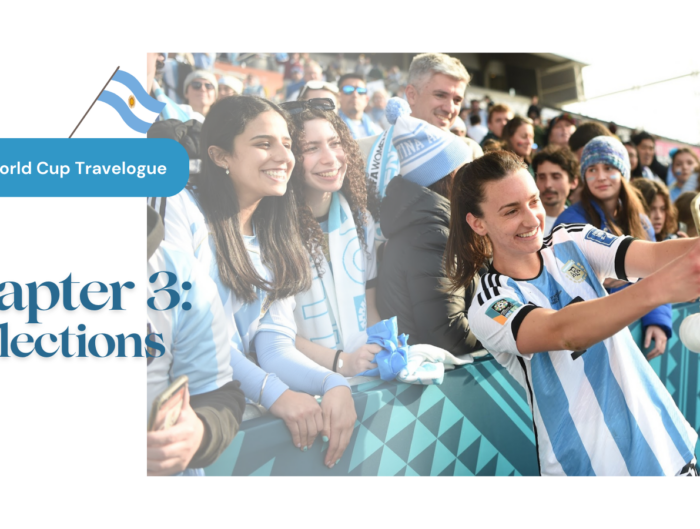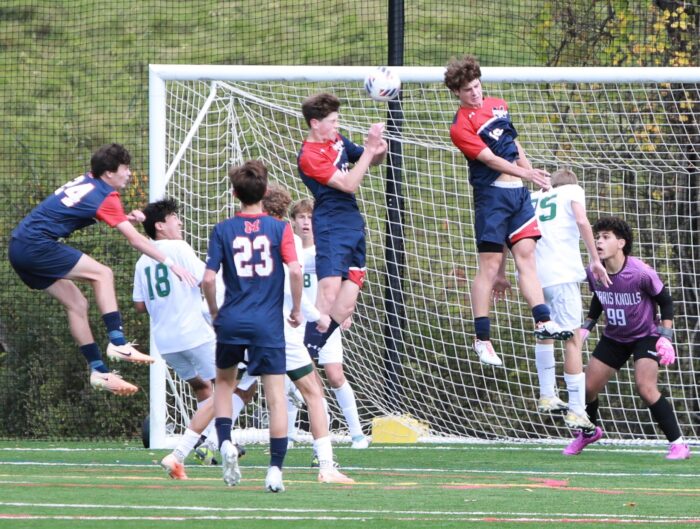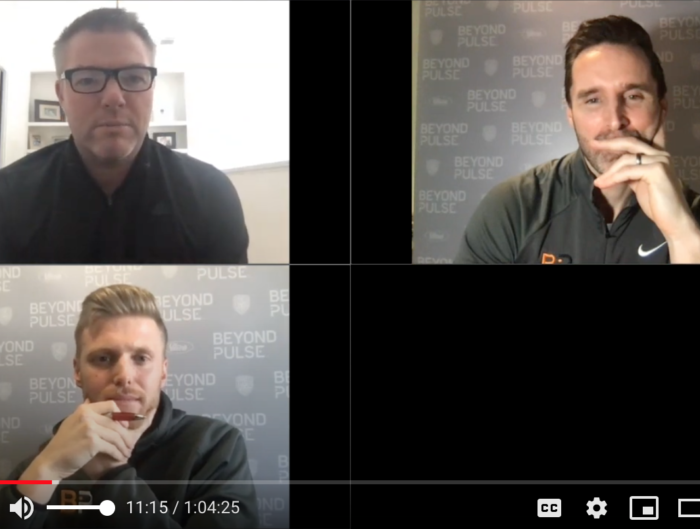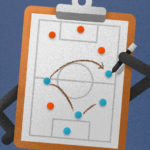Every coach and player lives for game-day. Whether it’s a league game or a tournament final, nothing beats the excitement of competing with something on the line. So how do we prepare our players and teams for these games? Primarily, through our training sessions! When you break down a season, the amount of training hours is significantly more than the hours spent playing games. The performance of the individuals and the team on the weekend shouldn’t be solely down to a motivational pre-game talk or a perfectly designed warm-up – the meaningful work is done in training!
So, the questions we want to answer today is, how do we plan a great training session? Well we have three clear and easy steps that ALL coaches should consider:
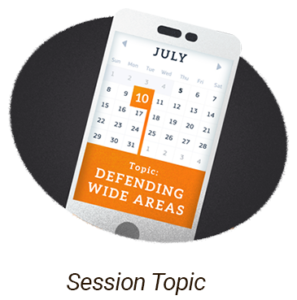
What are you going to work on in the session? What are the team’s and the individual players’ needs?
Here is a non-exhaustive list of questions to ask yourself in response:
- Are we following a coaching syllabus for the entire season?
- What stage of the season is it?
- What is realistic for the level and age of my players?
- What do we need to cover in the session?
- Did we struggle with something in the previous game(s)?
- How do we need to prepare for our next opponent?
Depending on what you choose, the topic should flow through the entire session. Starting with “this is what we’re going to work on today” and emphasizing similar points throughout provides clarity for you and your players. In my opinion, players retain more information with a consistent theme when compared to a session that lurches between unrelated activities. In your team debrief at the end of practice when you ask the players “what did we work on today?” there should be no doubt. Better yet, when your player gets in the car with their parent and is asked the same question, they will be able to answer with confidence. Kudos to the coach!
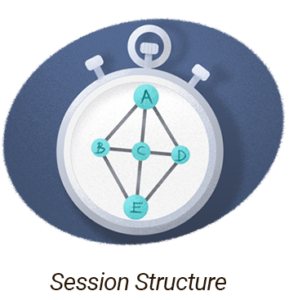
Ok, you’ve chosen a topic for your training session. How are you going to format it? There are two popular ways of doing this:
i) Incremental (small to large, unopposed to opposed, simple to complex).
This is the typical session format most coaches are familiar with, especially if you have been on a US Soccer or United Soccer Coaches course in the past decade. You are likely starting with an unopposed technical warm-up introducing some key techniques for your chosen topic. From there you will probably put the players in small-sided or opposed activities that progressively grow in terms of numbers and spacing. You finally wrap up the session with an unrestricted game.
ii) Whole – Part – Whole
After a warm-up, move straight into a game or game-like activity revealing the topic you plan on coaching. From there, break into a smaller activity that isolates the chosen topic. Finally, move back into a game where hopefully you will see an improvement. It’s important that your session sticks to an overall topic, even in this format!
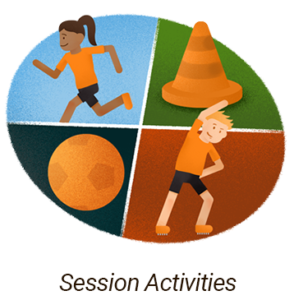
So now you’ve decided on the session topic and how to structure it, the next challenge is to design engaging and age-appropriate activities to challenge and improve your players. Within this, you should always consider the realities and logistics of your training environment. If you are a youth coach, most likely you will not have a full pitch with tons of equipment and a team of people to chase the balls and organize for you. You want to be able to plan a session that flows smoothly and requires minimal set-up once it has started.
Logistical Considerations:
- Space
- Time
- Equipment
- Number of players
- Staff
Now you have a good idea of what the environment will look like, the fun part is to plan your activities! A tip is to think about the topical outcome(s) you want to achieve and then work backwards from there. With this, I find it helpful to consider the four pillars of the game:
Technical
- What techniques does your topic demand?
- How can you bring out this technique throughout the session?
Tactical
- What is the tactical element associated with your topic?
- Can you design activities that put specific tactical demands on the players in small groups before expanding into the full game?
Physical
- What demands does your topic put on the players physically? Are they making long sprints, challenging for headers, rapid decelerations to close players down, etc.?
- What is the physical state of your players? Are they still recovering from a game? Is it pre-season or the end of the season? Are you prepping for a tournament?
Psycho-social
- What mental demands does the topic place on your players? Is it challenging player awareness? Or requiring more effective communication?
- What mood do you want within the training session? Serious, competitive, or maybe lighter and more fun?
- Can you get a sense of your team and determine if players will benefit from a player-centric or coach-centric session? Have they had an overload of teaching recently and need to “just play”?
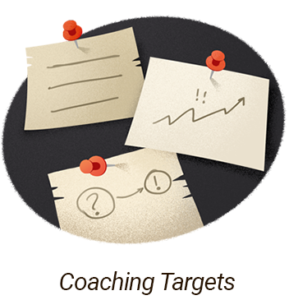
Often as coaches we do a great job of planning for our players but sometimes forget to think about ourselves! So, to really take our coaching to the next level, let’s set ourselves some coaching challenges for each session. Examples might include:
- Keeping my coaching point interventions under 30 seconds.
- Aiming to give individual feedback to at least three different players.
- Recognizing moments to vary my coaching tone and pitch based upon the activity tempo I am trying to achieve.
- Differentiating each activity to challenge one or two players differently to the rest of the group.
Recap
If you have taken the time to carefully think through all these considerations you will be well-prepared to deliver with confidence and the session will likely flow smoothly. In turn, your players will have a clear picture of what they are being taught and what to focus on in training. The process of just planning a session effectively can make such a difference to the product that is delivered at training and the quality of the experience for your players. Of course, all this links back into the games; better quality training leads to better quality games! So take the time to plan accordingly for each session, it is our duty as coaches and is worth the time spent in the long run for our players!

 FRA
FRA

